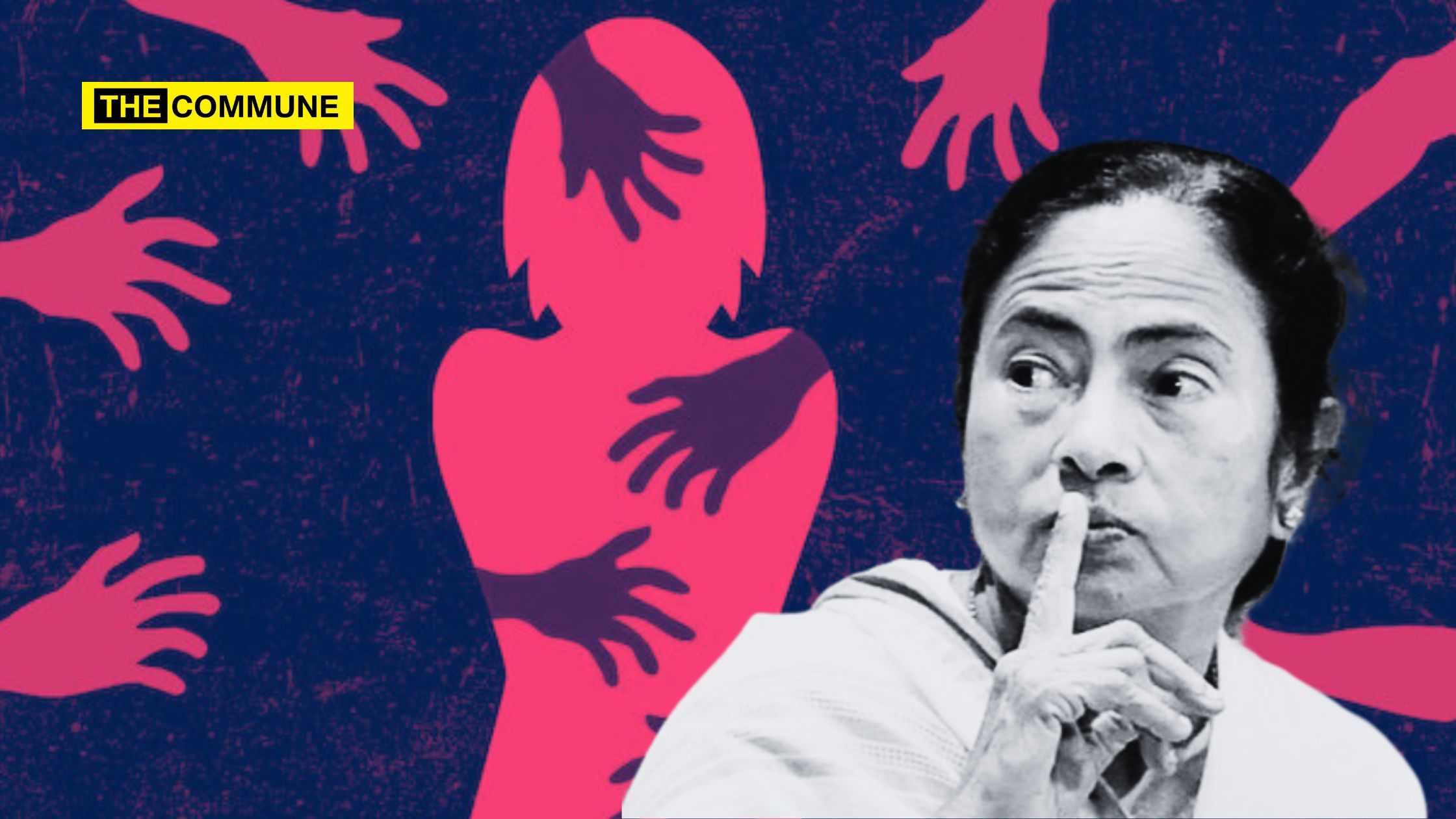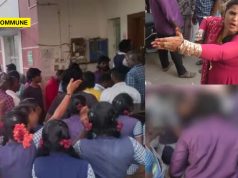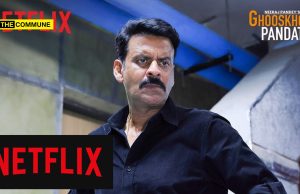
Even as West Bengal reels from a surge in brutal violence against women, from the atrocities in Sandeshkhali to the tragic rape and murder of a trainee doctor in Kolkata, the silence of Chief Minister Mamata Banerjee, who often claimed to be a guardian of women’s rights, speaks louder than words.
While her party members sing her praises, Banerjee’s lethargy speaks volumes, leaving many to question: where was the fierce leader West Bengal’s women promised, and how long can this silence last as the state’s daughters cry out for justice?
WB state police are silencing anyone questioning the Chief Minister’s apparent inaction in addressing such grave issues, especially given her position and status as a woman. However, it isn’t the first time her controversial stance on similar matters has been questioned.
2012
In 2012, Banerjee made a casual statement suggesting that the increase in rape cases in India was due to the more open interaction between men and women. She remarked, “Earlier, if men and women held hands, they would be caught and reprimanded by their parents, but now everything is so open. It’s like an open market with open options.”
RT @ibnlive Rapes happen because men and women interact freely: Mamata
— Firstpost (@firstpost) October 15, 2012
The Trinamool Congress chief did not stop there. Their chief also accused a segment of the media of suppressing facts and engaging in “news pollution” by emphasizing a few rape incidents in the state.
“Every day, rape cases are highlighted as if the entire state has become a haven for rapists,” she said.
She criticized the media for allegedly glorifying rape and claimed that such negative journalism only serves to harm. Mamata further claimed that certain news channels targeted her government with “fabricated and exaggerated negative news” to tarnish its image. She accused these media outlets of spreading falsehoods and distorting her statements. She also suggested that some news items were manipulated to serve business interests and criticized the media for focusing on sensationalism rather than highlighting her government’s positive contributions. According to her, this bias aims to undermine Bengal’s cultural integrity.
Shortly after assuming office as Chief Minister, Mamata Banerjee made careless statements regarding rape, and her handling of such cases has remained contentious.
In a case in 2012, a woman was raped on Park Street in Kolkata. Banerjee’s response at the time involved questioning the validity of the crime, blaming the victim, and suggesting political motivations. Kamduni became another example of her controversial approach to such incidents.
2013
In 2013, the brutal gang-rape, mutilation, and murder of a young college student in Kamduni, West Bengal, shocked the nation. The victim, known as Aparajita, became a symbol of the state’s issues with violence against women. Banerjee’s visit to Kamduni came a full ten days after the locals discovered the girl’s body. She faced criticism and heckling from the public.
In response, Banerjee questioned the victim’s character, hinted at conspiracies, and accused political opponents of stirring unrest.
She didn’t fulfil her promise to secure the death penalty for the perpetrators within a month, and the investigation, led by Special IGP CID Vineet Goel, concluded that only one man was involved, contrary to the claims of gang rape.
Just a week after the Kamduni case, two more tragic incidents occurred in Murshidabad the gang rape and murder of a 12-year-old girl in Ranitala, and the rape and murder of a middle-aged woman in Kharjula. In both cases, police responses were criticized. There were also allegations of mishandling and denial of rape.
In 2013, a 16-year-old girl in Madhyamgram was raped twice by the same men, who later set her on fire to prevent her from testifying. The case initially faced denial and slow investigation until the High Court intervened. Banerjee’s response was dismissive, claiming the judicial process was beyond her control and criticizing the media for negative reporting.
By 2014, rape cases continued to emerge. A 15-year-old Scheduled Caste girl was raped and murdered in Dhupguri after protesting the humiliation of her father by a local council. A 20-year-old tribal girl in Birbhum also faced sexual violence. These cases faded from public memory.
2022
By 2022, Banerjee had developed a routine for addressing such cases, deflecting blame, questioning the victims, and attributing violence to political conspiracies. After the rape and murder of a 14-year-old in Hanskhali, Banerjee maligned the victim’s personal life rather than focusing on the crime itself.
“Will you call it rape, or was she pregnant? Was it (the fallout of) a love affair? Have you enquired about these? It is an unfortunate incident. You (the girl’s family) also conducted the last rites of the body. I am talking as a layman. From where will they (police) get the evidence of whether she was raped or she was pregnant, or there was any other reason, such as she was slapped by someone after which she fell ill. I do not have any words to sympathise with the family,” she said.
The year 2022 saw a spate of violent incidents, including the gang rape and attempted murder of a 40-year-old woman in Namkhana, where the accused poured kerosene into the woman’s private parts and tried to set her on fire. The state also saw the rape of a 15-year-old tribal girl in Shantiniketan and the rape and murder of a 21-year-old student in Pingla.
Cases from Deganga, Bansdroni, and Englishbazar further highlighted the ongoing crisis.
2024
When reports on rape and violence against women in Sandeshkhali emerged in 2024, Banerjee claimed the issue was not new and blamed external factors for unrest.
Her statement suggested a pattern of deflecting responsibility and attributing problems to political conspiracies. The recurring themes in Banerjee’s responses, along with the similarities in police and state handling of these cases, suggest a troubling consistency in the state’s approach to addressing sexual violence. This pattern has become evident to many observing the unfolding events in Kolkata and the rest of West Bengal.




